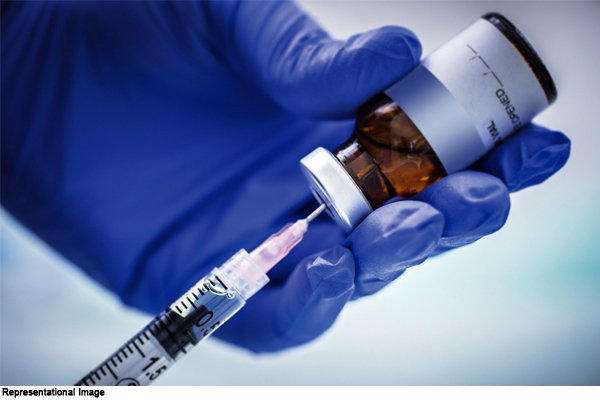The head of the World Health Organization said the emergence of the new COVID-19 variant on Monday raised the question of whether the existing vaccines would work, calling it “conerning news” that the vaccines developed so far may be less effective in South Africa.

Tedros Adhanom Ghebreyesus said at a media briefing that South Africa’s decision on Sunday to suspend its vaccination campaign using the AstraZeneca vaccine is “a reminder that we need to do everything we can to reduce circulation of the virus with proven public health measures.”
He said that it is clear that vaccine manufacturers would need to bend their existing shots to address the ongoing genetic evolution of coronoviruses, adding that booster shots would be most needed, especially since new variants of the virus are now in the world. Levels are spreading and likely. Become major stressors.
Tedros said the WHO hoped to make a decision “within the next few days” whether it would recommend an emergency use list for the AstraZeneca vaccine. The designation will send millions of doses to poor countries in an effort to distribute the UN-supported COVID-19 vaccine known as COVAX worldwide.
Last week, Tedros said that more than three quarters of COVID-19 vaccines were administered in only 10 countries and that vaccination had not yet begun in about 130 countries. Despite the WHO’s objective of introducing COVID-19 vaccination in poor countries at the same time as rich countries, COVAX has not provided any vaccine doses anywhere.
WHO’s leading scientist Dr. Soumya Swaminathan said that people should not conclude from the decision in South Africa that the AstraZeneca vaccine does not work. He said that all the evidence available so far suggests that vaccines developed so far reduce deaths, hospitalizations and critical illness.
Novavax, Pfizer and BioNotech and other COVID-19 vaccines developed by Johnson & Johnson also appear to be less effective against previously identified stressors in South Africa, although they may prevent severe disease.

